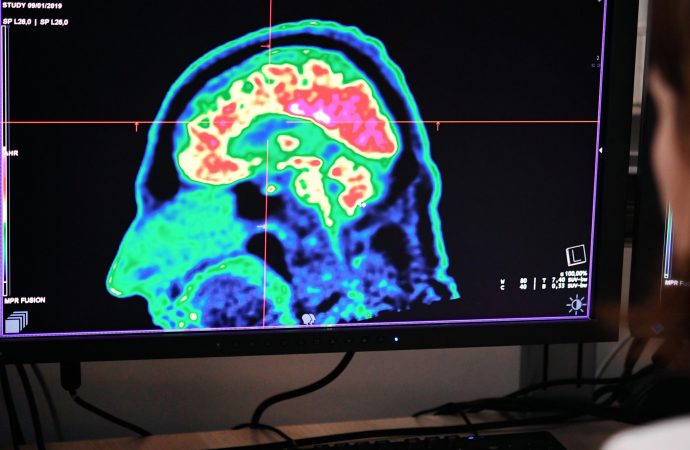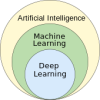A team of students from Ohio has created a new drug that has the potential to treat one of the deadliest forms of brain cancer. The breakthrough is expected to end the need for surgeries that are known to have side effects and death risk.
Source: Medical Daily
Pharmacy students at the University of Findlay developed the oral compound RK15. They said the drug mainly targets the aggressive brain cancer glioblastoma and is very reactive to killing the harmful cells.
The compound can pass through the blood-brain barrier (BBB) lining that existing medications are unable to breach. The students said using RK15 would improve delivery of treatments to the brain and have a greater impact on the tumor.
Current cancer drugs struggle to reach target areas in the brain because of the barrier. Brain endothelial cells build BBBs to block disease-causing pathogens.
However, since the barrier prevents any pathogen or toxin from entering the brain, it also stops medications for patients with brain tumors, brain disease or neurodegenerative conditions, such as Alzheimer’s.
The Findlay students said RK15 has the potential to be a more effective brain cancer drug. During lab tests that involved nuclear magnetic resonance, mass spectrograph and chromatology machines, the newly found compound appeared capable of breaching the BBB.
The team said medications can be attached to RK15 and carried to target areas in the brain without the risk of being blocked by the BBB.
“It’s amazing to participate in drug development at its roots,” Bernard Bahnam, one of the lab assistants who worked on the potential cancer drug, said in a press release. “Coming up with something out of nothing which will eventually help someone is so rewarding.”
However, the team noted it would take years before the new RK15 drug can enter the market to treat brain cancer patients. Further studies are required to test its long-term effects and efficacy.
The students plan to conduct experiments with animal subjects to analyze how the potential drug would work.
“I was able to see how concepts I learned in my classes can be applied and learn that this is a real career I could have in pharmacy,” lab assistant Rachel O’Malley said.


































Leave a Comment
You must be logged in to post a comment.